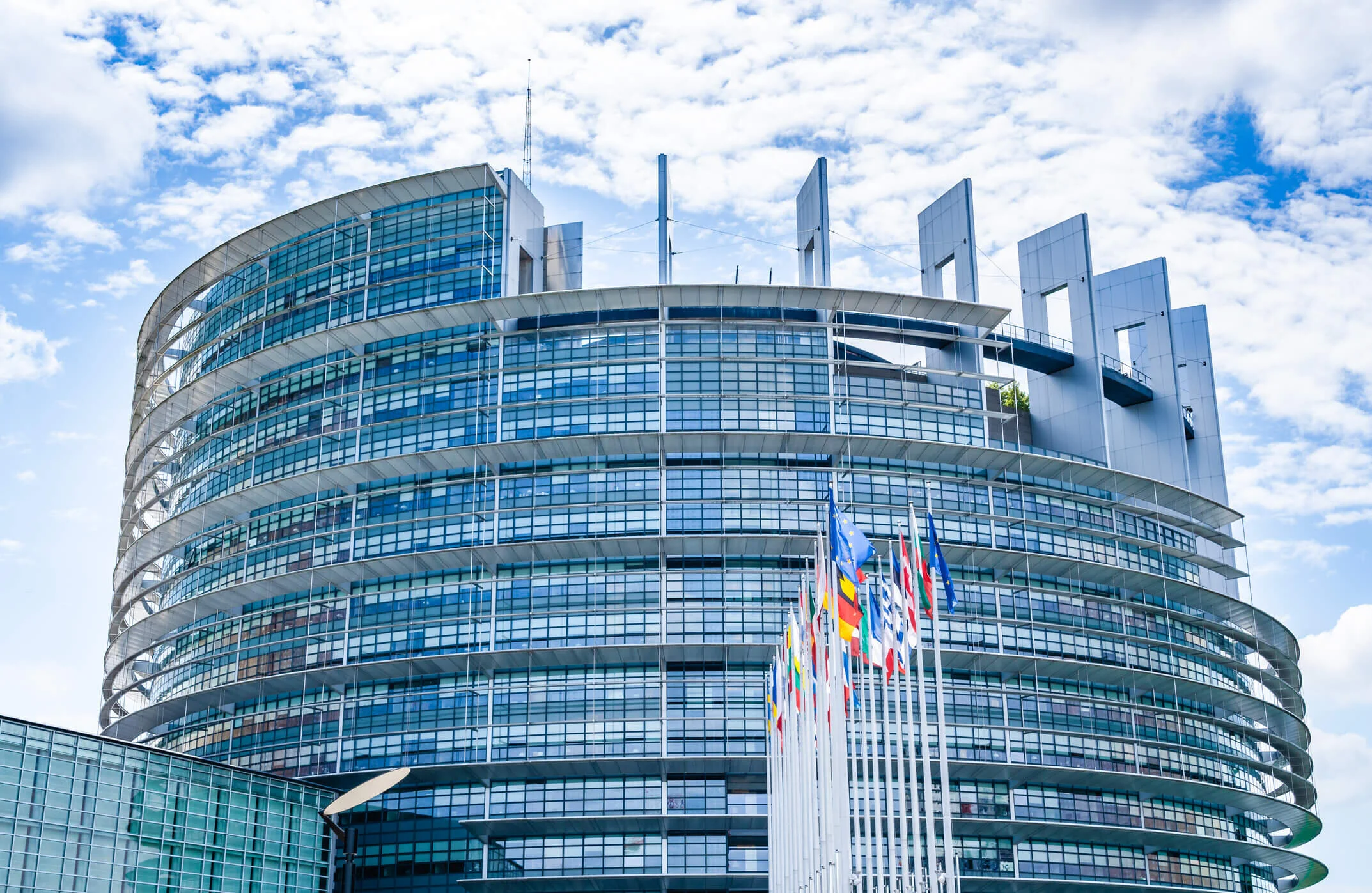Fifth money laundering directive strikes the UK art market: RAM
On January 10, 2020, the UK Parliament implemented the European Union's stringent Fifth Money Laundering Directive on the prevention of the use of the financial system for money laundering and terrorist financing which now extends to the UK art market, General Counsel of Phillips Mathile Heaton said during the 4th Responsible Art Market (RAM) conference in Geneva.
The new directive updates and extends the current UK Money Laundering Regulations of 2017 and applies to all “art market participants”. Such participants are defined as a firm or individual who trades in—or acts as an “intermediary” in the sale or purchase of—works of art or is the operator of a freeport used to store works of art when the value of the work exceeds Eur10,000 (GBP8,400).
The government is keen to ensure that the UK’s anti-money laundering and counter-terrorist financing regime effectively deter money laundering and terrorist financing activity, whilst being proportionate and managing burdens on businesses.
“We are now complying with the Fifth Money Laundering Directive. Under this regulation any person who by way of business trades or intermediates [the purchase or sale of] works of art or operates a Freeport with works value above Eur10,000 are subject to this regulation,” Founder and Director of RTalwar Compliance Rakhi Talwar said.
“These regulations now have a major impact on the art market” - Mathilde Heaton, Phillips General Counsel
Seat of the European Parliament in Strasbourg, France.
“These regulations now have a major impact on the art market,” Heaton said.
ASFAA is committed to the fight against money laundering and terrorist financing. In accordance with the 5th AML directive, we are compelled to mitigate the risks of money laundering occurring in the course of our business.
The key implication for our customers is that when you purchase (or sell) a work of art through us or any UK dealer or auction house over the Eur10,000 threshold established, we are now required to carry out ‘Know Your Client’ checks on all of our clients, regardless of location or the length of our relationship.
These checks are already in place in most other industries such as banks, law firms, accountancy firms, etc. and have now only been extended to the art market.
We will be using a reputable compliance checking company to streamline the process. We will require individuals to produce such verification through an official government-issued document (i.e. a passport or national ID card if EU-based). For companies, we will require company details including evidence of incorporation, directors and the ultimate beneficial owners. In the event where an agent or advisor is acting on behalf of a buyer or seller, we will also be required to obtain similar information about the ultimate buyer/seller.
We will further require payment of our invoices to be made from a bank account held in the name of the party on the invoice. If the purchase is being paid for by a third party, we will only be able to accept funds following confirmation of the source of the funds in line with these new legal requirements.
“The KYC must be done down to the final client even if there is a line of clients. What the guideline says is that you have to identify the real customer, both buyer and seller,” Managing Partner of Borghese Associés Anne-Sophie Nardon said.
“In the UK, these procedures should be done before you complete the transaction before you release the work of art to the buyer. Since you cannot stop the money coming in if they have sent the money via wire,” Talwar said.
The practice asks you to be patient whilst mandatory checks are made before the completion of a sale of a work of art. Please understand that this is a legal obligation and that every client is subject to the same compliance checks, even those with whom the firm has a long-standing relationship, but rest assured that ASFAA will do its best to make the process is as quick and efficient as feasible.
“This is a legal obligation and so you are compelled to collect all this information. You do have of course GDPR as well so you would have to store this information securely which could be done via encrypted laptops, telephones and then when storing it in the central repository that too has to be GDPR compliant,” Talwar said.
ASFAA is taking an informed and measured approach to implementing the new directive in our business, and all data, personal and corporate, will remain confidential and secure at all times in accordance with our privacy policy. We appreciate your understanding with this change.

